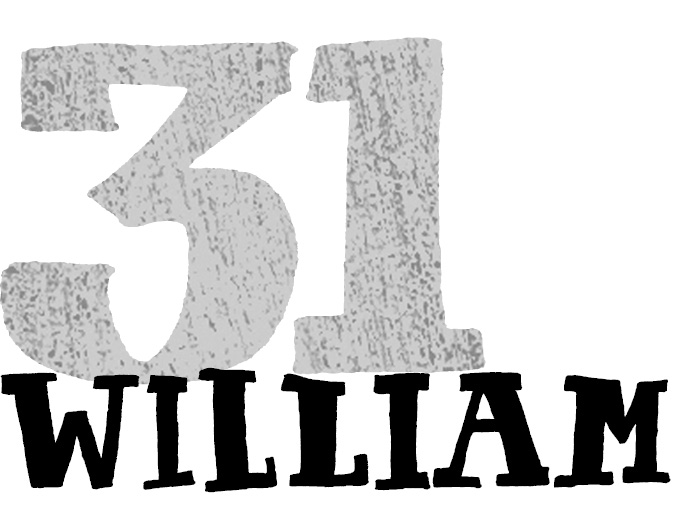
Melissa insists that Grandma and I change into dry clothes, but even then, no one is ready. They keep going back for stuff, a sheet ripped in half to make a sling for his crooked arm, some cushions, paracetamol for pain plus a bottle of water, a spade in the back in case we have to dig our way out of a rock fall, towels, a bag with his medication and pyjamas because he might have to stay in hospital. But while all this is going on, two good things happen: Grandpa wakes up enough to get in the car, and the rain slackens to a drizzle.
Backing the car was slightly horrendous because I nearly ran over Grandma who was behind me giving orders. I thought it was Melissa who was directing me, and I could see her. I didn’t know there were two of them.
“I’m not exactly invisible!” Grandma yelled.
But she was, because I couldn’t see in the rear vision mirror. So Lissy suggested I sit on one of the cushions, and that is much better. Driving the car in reverse gear is no big deal as long as I keep a light touch on the accelerator.
While we’re waiting, I watch Grandpa in the back seat. He doesn’t say much because he still hurts – a bandage around his head, his arm in a sling, dried blood on his neck, a blanket over his knees, like he’s a victim of some hit-and-run accident. It’s his eyes that have come right, fully focussed, two marbles rolling together, ping, ping, noticing that I don’t have the handbrake on. He says slowly, “If a tyre rolls over your sister’s foot, she won’t be able to wear her castle stabbers.”
I laugh and put on the handbrake. His memory is okay.
Grandma gets in the back seat with him, and Lissy’s in the front to help me see the road. She also helps by putting on the windscreen wipers and the lights so any oncoming traffic can see us through the rain. I confess to feeling nervous about meeting a large truck on a narrow part of the road.
“We’ll deal with that problem when we come to it,” says Lissy, and although that advice is entirely useless, it is more acceptable than our grandmother’s ongoing comments about the idiot who stood on an oil drum. I suspect that anger is her way of downloading shock, but it gets a bit stressful, especially when I’m trying to focus on the road.
The distance to Hoffmeyer’s farm is familiar. I know the bends, the trees that line the road, and I remember what Grandpa said about branches looking like miniatures of the whole tree. I can’t believe that was only two hours ago.
“How fast am I going?” I ask Lissy.
“Can’t you see?”
“I don’t want to take my eyes off the road.”
She leans towards the dashboard. “Forty kilometres an hour.”
We splash through clay-coloured puddles and Grandpa groans. “Mind the bumps.”
“Sorry. How far is it to Blenheim?”
Grandma answers for him, “Two and a half hours. You’re doing well, Will.”
I’m not so sure. It’s all right on this road with no traffic, but what happens when we get to the main highway? What about traffic cops?
“Damned fine thing I taught him to drive,” Grandpa says. “Remember when I taught you to drive, my little gooseberry tart?”
“You taught me a lot of things,” says Grandma. “Half of which I was too young to know.”
They laugh and I hear Lissy snort and mutter, “Too much information!” I want to remind her it’s their deafness that makes personal conversation public, but I am too busy watching the road through the rain, which has thickened. I peer over the top of the steering wheel and ask her, “Can you make the wipers go faster?”
The cloud is so low, it rests on the tree-tops. On some outer bends on the road, wind gusts drive rain against the car with a sudden rattle as though it is hail. The sea is choppy but no longer all grey. Near the shore it is a yellow-brown colour where clay from the land has been washed into it.
When we go up a hill, I forget to change into second gear, and the car stalls with a jerk. No one says anything. As I lift my foot off the brake, we begin to roll backwards. Quickly, Lissy pulls on the handbrake. I turn the key, the engine starts, and I push the gear lever into first. We are facing uphill. “Go on,” says Lissy, still holding the handbrake. I shift my foot over to the accelerator and slowly let out the clutch. As the wheels roll forward, Lissy releases the handbrake and slides it down. We go up the rest of the hill in first gear and when we get to the top, I change into second and then third.
“Thanks,” I say to Lissy. Then I ask, “How did you know to do that?”
“I watched you,” she said.